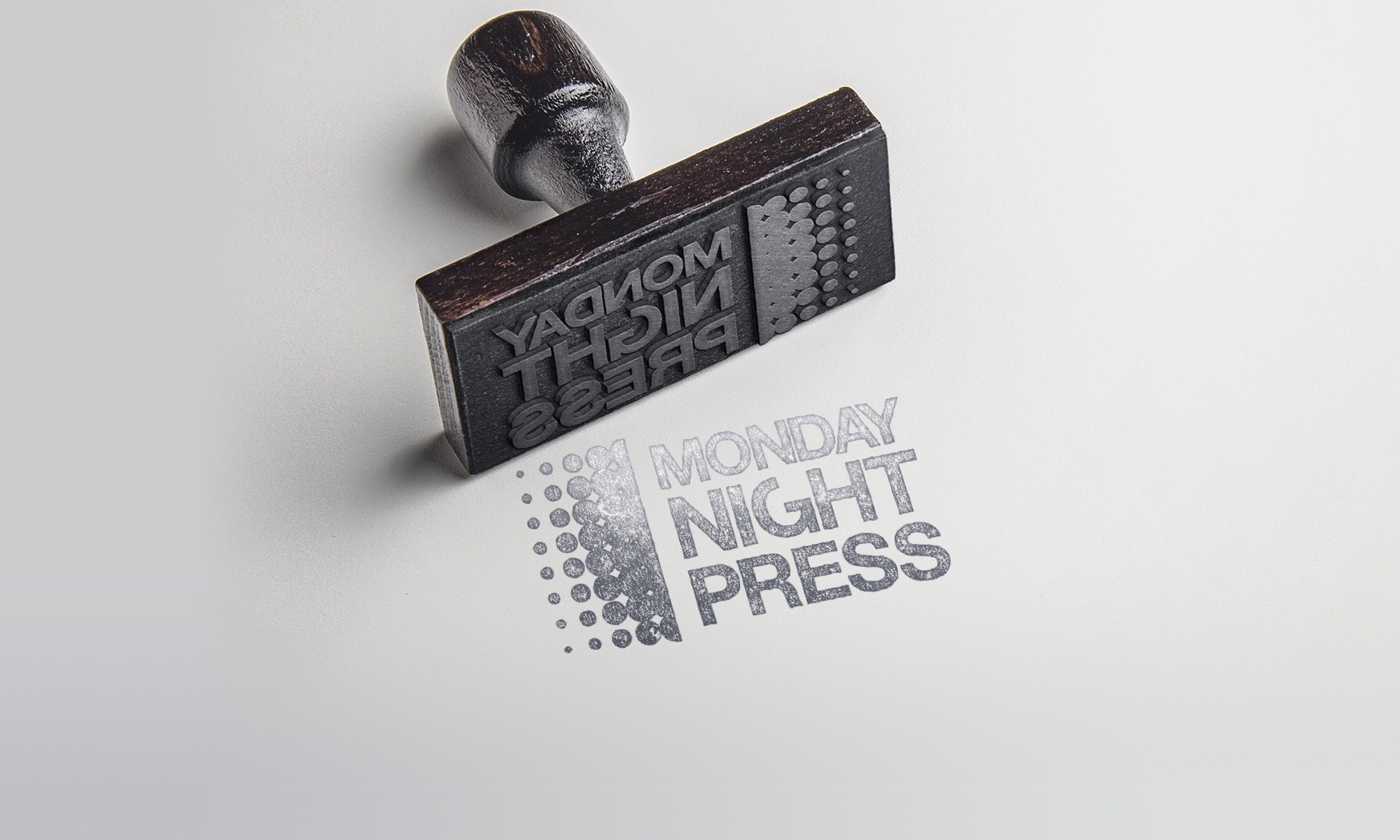GLASS ALLIUMS
Somewhere deep in the folds of the brain are the oldest strongest feelings we have, hushed into silence.
My father was a chestnut tree. My mother is a circular saw.
In dreams we go on long road trips. Our parents are young again. Our ancestors laugh and make fun of each others’ outdated clothes.
If grief had a chrysalis, would it hatch in the larynx?
A child draws circles around dots on an otherwise blank map.
Oh no, wait, they’re frozen whiskers.
#
Do you remember visiting an aquarium for the first time?
This was before we learned the word “compassion” means “suffer with.”
Before we knew that violence is a kind of unmetabolized grief.
Before I poured my father’s ashes into a hole in the forest floor dug by my brother, in a spot my mother had marked with a white brick when Dad was still here.
I got in trouble by my manager for “looking frustrated” on Zoom. How my face looks, she explained roundabout-ly into the video camera, impedes collaboration.
Neuroendocrine. Nu-rho-en-doh-krin. Pancreatic. Pan-kree-attic.
#
Do I mention the phone calls I received on Easter Sunday?
First from my mother, having just shaved the face of my father’s corpse, telling him to get up or he’ll be late for work.
My insides feel like a landscape being carved by melting glaciers.
Next from an investigator with the county medical examiner’s office who picked at fragments of my mother’s crystalline menagerie of speech, who sounded a bit exasperated.
That we could decide where wilderness begins and ends is a very human idea.
Mum sang songs at full volume for months, sometimes out the window for animals.
#
A bird sings beautifully—loud, clear deep-throated calls—then stops. A human awkwardly whistles, trying to get the bird to sing again.
Somewhere along the old carriage road of life, my mother lost function of a piece of her brain. When I learned this, it was spring and wild onions were sprouting. I started reading clinical articles but stopped when I realized I wouldn’t find what I felt I’d lost this way.
If you were born a boy I would’ve called you James, she says. But I wasn’t, so where does that leave us?
We are rivers, my father’s ghost says, in not those exact words.
We can’t help her without getting cut, bleeding out all over the unkempt yard littered with yogurt cups licked by raccoons.
I remember Mum taking me to the Baltimore aquarium as a child. We watched stingrays swim. We saw small translucent eels moving in and out of their sandy burrow.
#
I dreamt that two young siblings traveled with an antique piano to heaven to deliver it to their mother.
I remember ancient redwoods, drinking fog. Dopaminergic. Doh-pah-min-uhr-jik.
The shimmering rattle of late summer katydids reminds me that I’m looking for warmth in the coldest places—pixel by pixel, scroll by scroll.
One summer, five years ago, we drove to Sea Isle City; I remember paella and sandcastles, dazzling a baby with ceiling fans.
Was that the time Mum thought she saw helicopters carrying a drowned body across the sky? She woke my father, who was napping on the sand. He sat up, looked around and laughed.
#
I’d pray but I’m not sure which deity to address. Is there one you prefer?
On Korean-American day, my Korean-American manager told me my role was eliminated and that next Friday would be my last day.
A ghost, a lineage, a metaphor. Choirs of lies, loud as katydids. What does it mean to have a voice and a body?
We were never meant to stay.
Is all poetry “about” humanity? What if the real experiment is an attempt to be honest?
Iridescent bits of insect wings lodged in my chest begin to smolder and ignite.
#
My earliest memories of language are caught in the net of its inadequacy.
I thought the Korean word for cicada was a type of songbird.
My grandmother used to sing me a song about a cicada that sits in a pear tree crying. A few years later, after she had a stroke and forgot all of us, my father found the shell of a cicada in the yard. He was so excited to give it to me that I remember trying to hide my shock that it looked like a big fly. I made a little paper bed for my dead cicada and tucked it in with neatly folded clean tissue.
My earliest memories of language taught me that it can be unstable. Or a kind of electricity between people, invented or sung, recombined over and over like ever-rearranging flocks of sparrows.
When’s your father coming home? Mum asks.
Our skies, lit by the rage of wildfires, turn orange.
#
She calls out to her father, who died 46 years ago, because she needs him to order food from that restaurant she liked in South Korea in the ’50s.
Meanwhile, NASA launches a satellite into space that will measure our rising seas.
Sperm whales sleep vertically suspended, carried by currents. Terns hatch in a scrape in soil lined with dried plants.
Before seconds were invented to measure time, we had our heartbeats. Before we had internet, we had stars.
Get up off your knees—it’s time to uncap our pens. One day, I’ll be a zip-tied plastic bag of ash just like my father, who was the wisest and most compassionate person I know.
We sat still on the stairs lovingly watching deer eat unmowed grass in silence.
Christine Choi passes time considering implicit narratives and dreaming of mountains. She has an M.F.A. from California College of the Arts, and her writing has appeared in Encyclopedia Vol. 3 L-Z, The Pacific Review, Nerve Lantern, In Posse Review, Bay Area Poetry Marathon, Mission Cultural Center, NOMA Gallery, Future Tenant Gallery, POW! Action Art Festival, Small Press Traffic’s Poets Theater, and Boog City Poets Theater. She currently nests in Brooklyn.

